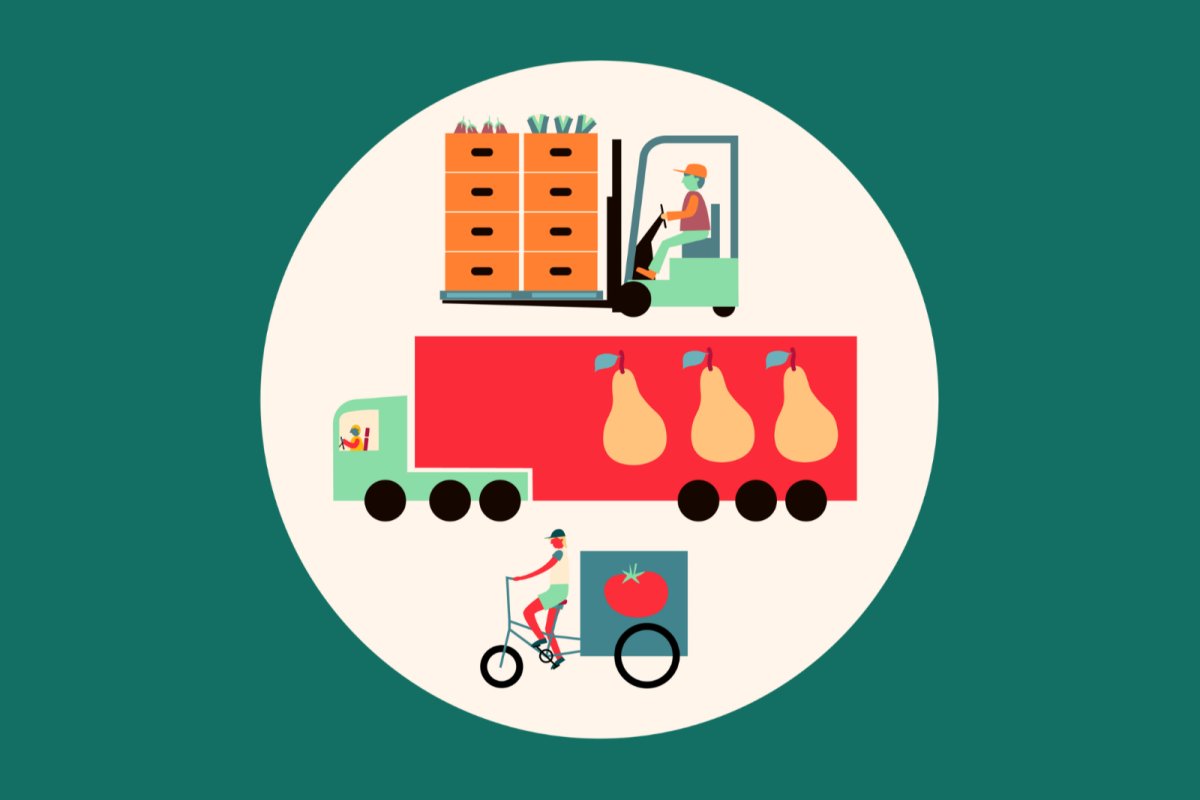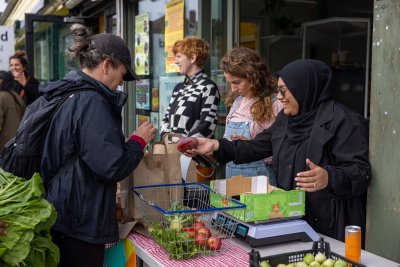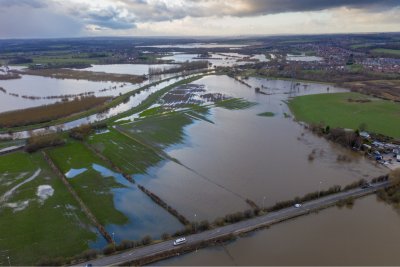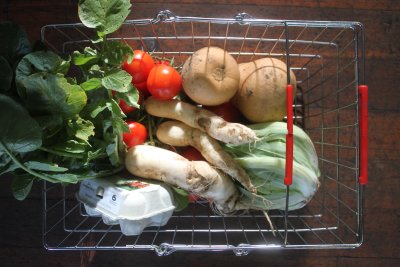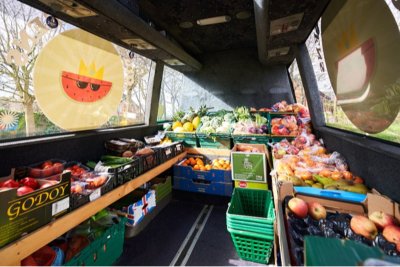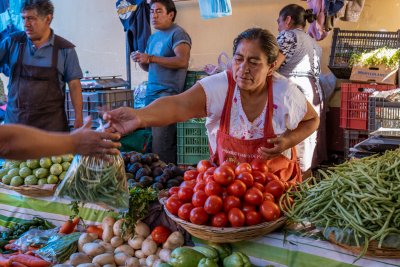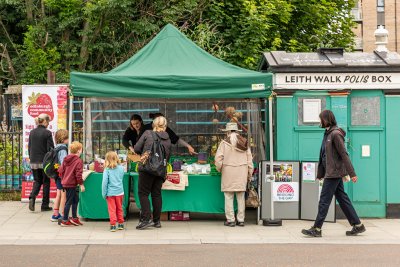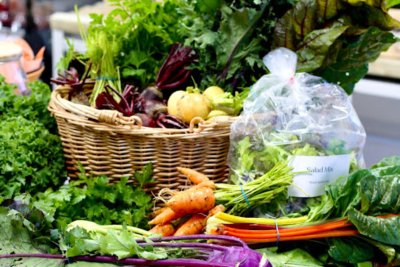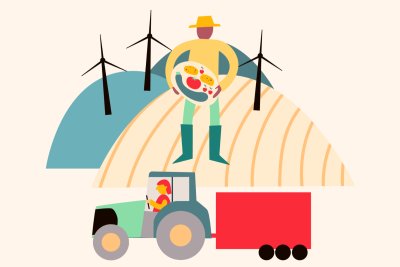Organic food that is good for health, for the planet and affordable for all hits a number of health and climate targets that the UK is committed to. However, policy commitments that would enable everyone, regardless of their income level, to access climate friendly fruit and vegetables, don’t follow through. Sustain’s Bridging the Gap is exploring how these issues can be addressed.
This talk, the first in a series exploring the six approaches that Bridging the Gap is investigating, takes a deep dive into food hubs, wholesalers and ethical supply chains. Shorter and more efficient supply chains, that are farmer-focused, can help ensure farmers get fair returns. They can be more diverse and resilient and better able to withstand global and domestic shocks, while rewarding climate and nature friendly farming that will provide security over the longer-term. Furthermore, food hubs allow food producers alternatives to abusive contracts with larger supermarkets.
Join us as we discuss how food hubs, ethical wholesalers and supply chains might be supported to enable access to climate and nature friendly food for all.
In this online talk, you will hear from expert speakers on the subject of food hubs and supply chains, and the policy commitments required to make organic food accessible to all via these routes. There will be plenty of opportunities to raise issues and ask questions of your own, so please register today to join the discussion.
Chair:
- James Woodward, City Downland Estate Programme Manager, Brighton & Hove City Council
Speakers:
- Sean Ruffell, Managing Director, Organic North
- Rebecca Laughton, Horticulture Campaigns Coordinator, Landworkers Alliance
- Djenai Delerue, Coordination and Community Building circle member, Open Food Network
- Danny Fisher, Better Food Shed project lead, Better Food Shed
Bridging the Gap: Bridging the Gap to climate and nature friendly food for all.
